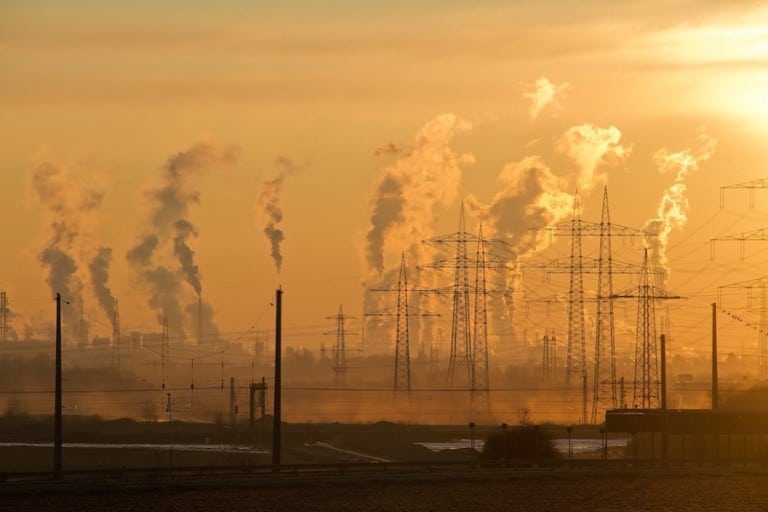The UN Development Programme (UNDP) conducted a survey of 1.2 million people across 50 countries and encompassing 17 languages. The results of the ‘People’s Climate Vote’ were clear – people across the world say urgent climate action needs to be taken. The poll was conducted as part of the preparation for COP26 in November, the 26th session of Conference of the Parties to the UN Framework Convention on Climate Change (UNFCCC).
“The results of the survey clearly illustrate that urgent climate action has broad support amongst people around the globe, across nationalities, age, gender and education level,” says Achim Steiner, UNDP Administrator.
The survey first asked whether people thought climate change was a global emergency. It then asked if they were in favour of 18 key climate policies across six areas of action: the economy, energy, transport, food and farming, nature, and protecting people. The answer to both questions was a resounding “Yes”.
Steiner said the survey showed people urgently want their policymakers to tackle the crisis – and also give indications of how they wanted that to happen. “From climate-friendly farming to protecting nature and investing in a green recovery from COVID-19, the survey brings the voice of the people to the forefront of the climate debate,” he says.
“It signals ways in which countries can move forward with public support as we work together to tackle this enormous challenge.”
Broad climate policies demanded
The most popular policies regarded the conservation of land, in particular forests. More renewable power (solar, wind etc.) was also considered a priority. Adopting climate-friendly farming techniques also scored highly and there was a high level of support for investment in green business.
The survey showed clearly that, even in the middle of a pandemic, people still want broad climate policies to be pursued as a matter of urgency. There is a clear recognition that our current way of living is not sustainable.
Eight of the ten countries surveyed who have the highest emissions backed renewable energy strategies. Nine out of ten of the most urbanised populations backed greater use of bicycles and electric cars and buses.
Survey used gaming networks
The poll was developed with the University of Oxford. In many countries, this was the first time large-scale polling of public opinion had been conducted around climate change. Polling experts weighted the sample so it was representative of age, gender and education profiles.
The UNDP wanted to reach audiences that don’t usually respond to traditional polling, in particular young people. So they distributed the survey across mobile gaming networks to expand the reach. The strategy succeeded – reaching over half a million people under 18.
“The survey – the biggest ever survey of public opinion on climate change – has shown us that mobile gaming networks can not only reach a lot of people, they can engage different kinds of people in a diverse group of countries,” says Professor Stephen Fisher from the Department of Sociology at Oxford University.
Concern reaches across all age groups
Unsurprisingly people under 18 were more likely to think climate change is an emergency than older people. However, all other age groups also expressed deep concern, demonstrating how widely held this view has become.
The survey showed a clear correlation between the level of education and desire for climate action. Over 80 percent of people who had tertiary education were adamant about the need for change – regardless of where they came from. There was little difference between lower-income nations such as Bhutan and the Democratic Republic of the Congo and wealthy countries such as Japan and France.
“The Peoples’ Climate Vote has delivered a treasure trove of data on public opinion that we’ve never seen before,” said Professor Fisher. “Recognition of the climate emergency is much more widespread than previously thought. We’ve also found that most people want a strong and wide-ranging policy response.”
greenloop: sustainable initiatives for the attractions industry
Our online conference will be held on 20 and 21 April, highlighting the latest developments and trends in sustainability across the wide range of visitor attractions. greenloop will showcase innovators and thought leaders from theme parks, waterparks, zoos and aquariums, museums, FECs and other visitor attractions. We hope to inspire networking and debate in this vital area.














